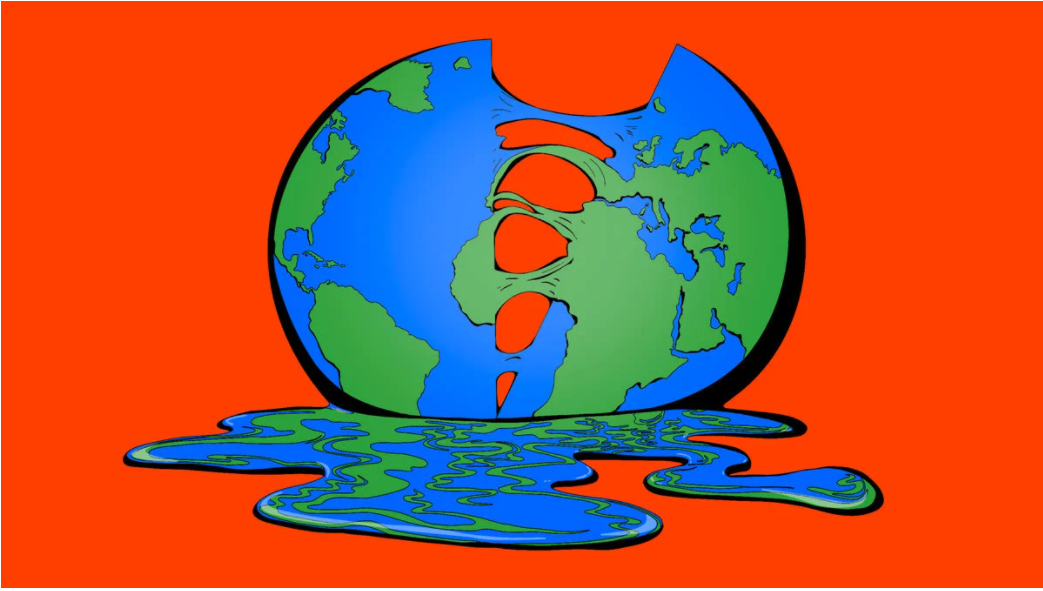The COP26 climate change conference held by the UN is finally at a close. World leaders and representatives descended on Glasgow for two weeks to hash out plans to save the planet from calamity, all in the midst of an ongoing public health crisis. The intersection of these two crises is remarkable—not least because how Americans have responded to the COVID-19 pandemic may be illustrative of how the country will react to an even greater threat. And for psychologists and other experts of human behavior, we should be terrified.
In a time of crisis, people tend to come together. It frequently happens after natural disasters like hurricanes and earthquakes, and during times of national strife like WWII and the months after 9/11. Regardless of their differences, people typically try to do what they can to help others when they’re facing dire circumstances.
...
Peter Coleman, a psychologist at Columbia University, told The Daily Beast that we may be learning that national crises are no longer sufficient to overcome polarization in America. He said the political climate has become very “reactionary and tribal.”
“I think we’re in an ‘us vs. them’ place, and I think it could get worse,” Coleman said.
